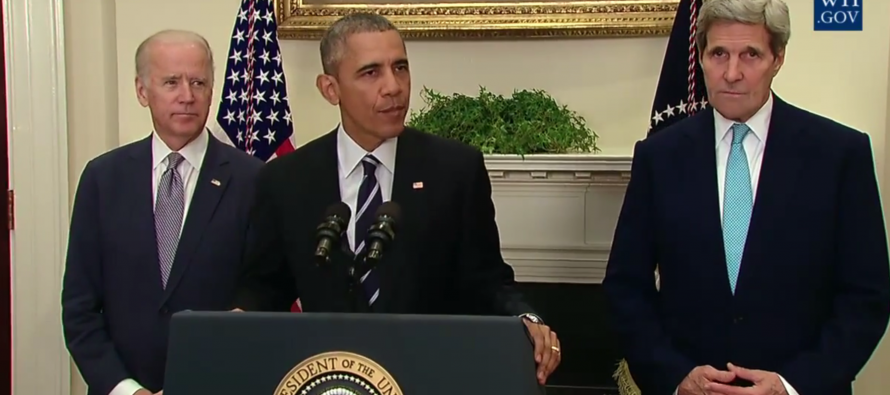ANALYSIS: Keystone, Canada and our “special friend” – how XL’s ultimate rejection was viewed by Canadians

By Shachi Kurl and Ian Holliday
November 6, 2015 – U.S. President Barack Obama’s decision to reject on Friday the proposed Keystone XL pipeline between the Alberta oil sands and the American Gulf Coast may not have been a stunner – the Obama administration had been foreshadowing such a decision for years.
Still, it has run counter to what Canadians believed would ultimately occur. When the Angus Reid Institute last asked Canadians what they thought would be the ultimate end game with the TransCanada-proposed pipeline – notwithstanding their own views about the project – only the smallest minority (11%) ruled it out altogether.
At the time, the vast majority thought the pipeline would eventually get the go-ahead, either in the next few years (25%) or “at some point” in the future (64%).

But how does this ultimately misplaced optimism about the project link to domestic views about Keystone XL? People on this side of the border are likely to be split over their reaction to Obama’s announcement. When ARI canvassed the issue with Canadians in late September, they were divided – notably along political lines – on whether the Canadian government ought to be supporting (53%) or opposing (47%) the pipeline.
Those who planned to vote for the eventually defeated Conservative Party were overwhelmingly pro-Keystone, while supporters of the also-soundly-defeated New Democratic Party were almost as staunchly opposed:

Supporters of the Liberal Party – who turned out to be the largest group – were split down the middle on the pipeline, a fact that may complicate the new government’s reaction to the Obama rejection.
A significant portion of Prime Minister Justin Trudeau’s voting base during the election were young and strategic voters fleeing the sinking NDP campaign. Both of these groups are more likely to want their government to celebrate the death – at least in the short term – of Keystone, and will be inclined to see the U.S. rejection of TransCanada’s application as a victory.
In this sense – though he has publicly expressed support for the project and said he’s “disappointed” by its rejection – Trudeau’s political fortunes are not necessarily likely to be harmed by Keystone’s failure. The timing of the announcement, just weeks away from the COP21 Summit, is also advantageous to a brand new Liberal government. Indeed, the honeymoon in Ottawa is very much “on”.
That said, our research found a stark generational divide on the pipeline question: as we mentioned, those aged 18 to 34 were more likely than older respondents to say their government should oppose the pipeline. Looking more closely, we found a tipping point at around age 45, as evidenced in the graph below.

Regardless of who supported or opposed Keystone XL, the deal is ostensibly dead, and Canadians see far-reaching consequences for that death.
When we asked Canadians what rejection meant for the environment, the majority said it would be “good news”.

They were less bullish about the impact on the domestic economy. Despite leaders on both sides of the border using news of the rejection to talk about growth in alternative energy sectors, the majority view was that nixing the deal would be bad for our fiscal prospects:

As to what it would do the Canada-US relationship, this time last year, we foresaw a frosty tone creeping between Ottawa and Washington should the pipeline have failed. Mind you, that was long before a change in government – and tone – on this side of the border. As Trudeau pointed out in his response to the decision, that bond is “much bigger than any one project.”
Still, Keystone XL or no Keystone XL, when it comes to the connection with our neighbour and largest trading partner, the faith and the angst are always present. On one hand, Canadians do see a “special relationship” with the US. On the other hand, they frequently feel bullied by that special friend:

Three-quarters of Canadians (73%) say the U.S. just doesn’t see their country as a priority on any issue. Indeed, one may well argue that several issues were higher up the queue than US-Canada relations when the White House finally came to its conclusion. That said, more than half of us also think we also apparently worry too much about our association with America. Should the economy indeed suffer – as Canadians feared – at the hands of this Keystone XL rejection, we’ll have much more to keep us up at night than whether the U.S. really, really likes us.
Image Credit: The White House on YouTube

